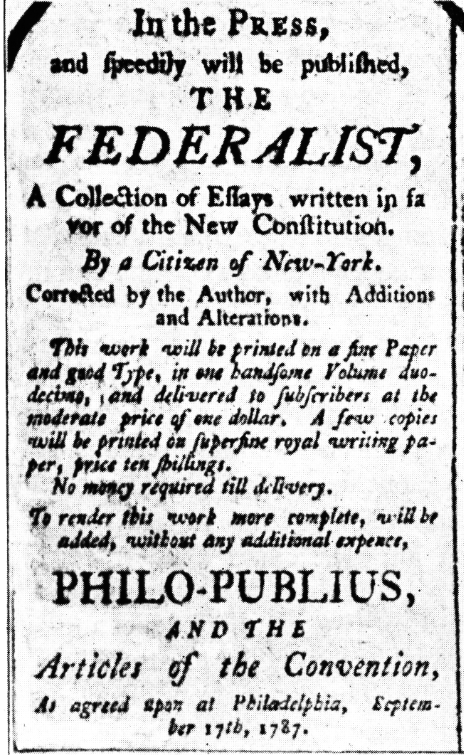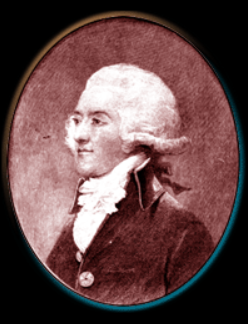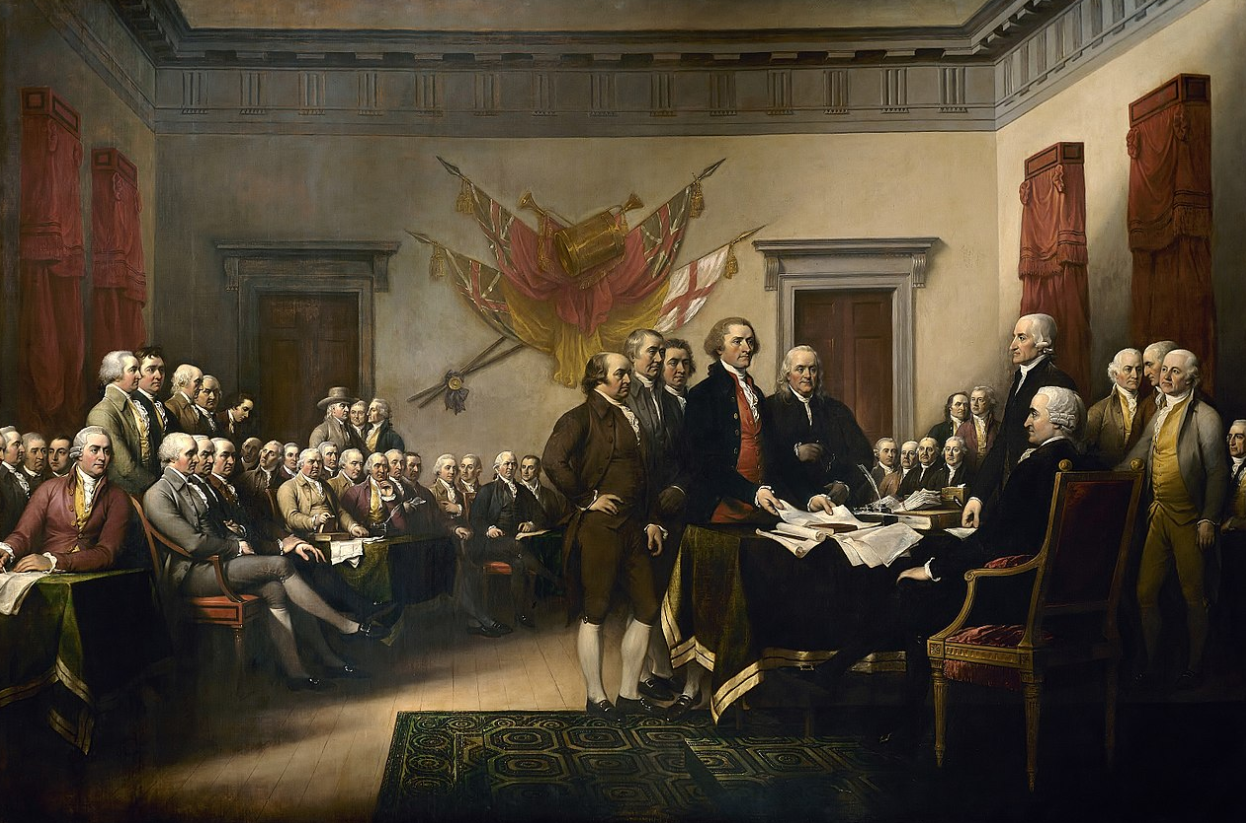Together Yet Independent - The Contradiction of Federalist #36
It may be a long 4th of July weekend for many of us, but here at Founder of the Day it’s still Federalist Friday.
In Federalist #36, Alexander Hamilton sums up his argument for the Federal Government’s ability to issue internal taxes.
Hamilton also adds that he believes the Federal and State Governments should share the system by which taxes are devised, yet contradicts himself almost immediately.
Federalist #36
Alexander Hamilton
January 8, 1788
A Summery
Alexander Hamilton used Federalist #36 to sum up his arguments in the previous six Papers as to why the Federal Government should be able to lay and collect taxes in any nature it sees fit.
Hamilton reviews his previous responses to Anti-Federalist complaints as well as forming a few new positions.
Notably, Alexander discusses why the Federal Government can apply local taxes just as well as the State Governments.
Shared Structure
Anti-Federalists were, at the time, arguing that Congressmen would be too far removed from the people to be able to lay taxes appropriately.
Hamilton believed, as they were elected by the people, Congressmen would have just as close a relationship to the citizens as State Representatives. In fact, he says in Federalist #36 that the State and Federal Governments should use the same systems of collection.
Alexander uses the example of property assessments. If both levels of government used the same employees to assess the property, they would save money and both have the same understanding of a citizen’s situation.
Of course, this is not spelled out in the Constitution and there is no mechanism for this to happen. Additionally, it does not ease the other Anti-Federal concern of ‘double taxation.’
Together Yet Independent
Hamilton ends the Paper by discussing the need for an energetic Federal Government.
Although he spent so much time attempting to ease Anti-Federalist fears of the National Government taking control away from the States, he makes it clear that he wants the National Government to be free from State interference.
Hamilton does not seem to notice any contradiction in his thinking.
Have you missed our previous Federalist Friday articles?
Take a look at the full list here.
The Federalist Papers are written in 18th century English and can be difficult to understand.
‘The Accessible Federalist’ takes some of the most important Papers and translates them into modern English, making them easier for us 21st century readers.
If you’d like a copy you can get one through the Amazon affiliate link below (you’ll support this site, but don’t worry, Amazon pays me while your price stays the same).
Want to get fun American Revolution articles straight to your inbox every morning?
Subscribe to my email list here.
You can also support this site on Patreon by clicking here.






